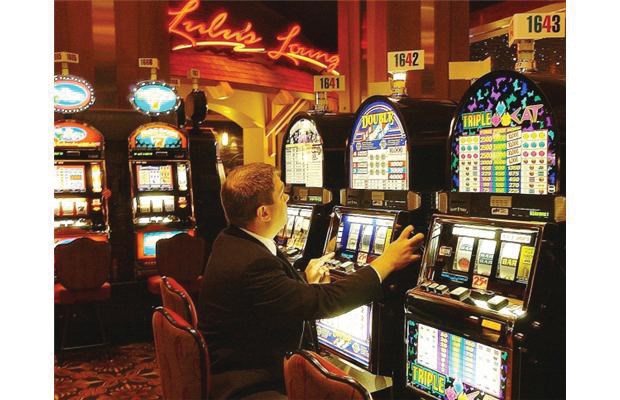Two years after steps were made to stop money laundering through B.C. casinos, the problem appears to have worsened.
Suspicious transactions at government-licensed casinos have more than doubled since a 2011 government audit identified lax rules in how B.C. Lottery Corporation reports suspicious transactions, Finance Minister Mike de Jong said Thursday.
In 2011, the branch forwarded 459 suspicious cases to police for investigation. That year, BCLC tightened up how they report and deal with large transactions that could be money-laundering. By 2013, the number had jumped to 1,013.
In one 2012 case, a man described as "Mr. F" brought $200,000 in $20 bills into the River Rock Casino's VIP room. The report, cited by CTV, said the man had once brought in $1.6 million in a single month and had a long history of suspicious transactions. The enforcement branch believed the man and others were being supplied by a source with large amounts of money.
An anti-gambling-expansion group is calling on the provincial government to reinstate a specialized police unit following news of the large number reported dodgy transactions. The group, Vancouver Not Vegas, wants Premier Christy Clark to reinstate the Integrated Illegal Gaming Enforcement Team, which was dismantled in 2009, three months after it wrote a report warning that organized crime was involved in laundering money through casinos.
"This is a complete systemic collapse of governance," said Sandy Garossino, a spokesperson for Vancouver Not Vegas, adding there has been no specialized policing presence in casinos for five years.
Under Canadian and B.C. laws on proceeds of crime, money laundering and terrorist financing, casino staff are supposed to log and report transactions of $10,000 or more. Often, legitimate gamblers bring in large amounts of cash. But, over the years, casinos also have been seen by criminals as an easy way to launder dirty money by converting a large amount of cash into chips (or putting the cash on account with the casino), using a small portion of them at tables and then cashing out and asking for a cheque.
On Wednesday, CTV reported that none of the 1,013 suspicious cases reported to the RCMP last year led to charges.
The accounts are similar to ones media reported in 2011 that triggered a government investigation that found loopholes in BCLC's structure for reporting suspicious transactions. The review found the lottery corporation didn't consider gambler losses as a sign of money laundering, a viewpoint at odds with police.
In a statement in 2012, BCLC said it had changed its views and was working more closely with police. It said it had also enhanced its anti-money laundering programs by, among other things, returning cheques to patrons who have unspent balances with the words "Return of Funds -Not Gaming Winnings." This is a way of foiling launderers from claiming they earned the money through gambling.



